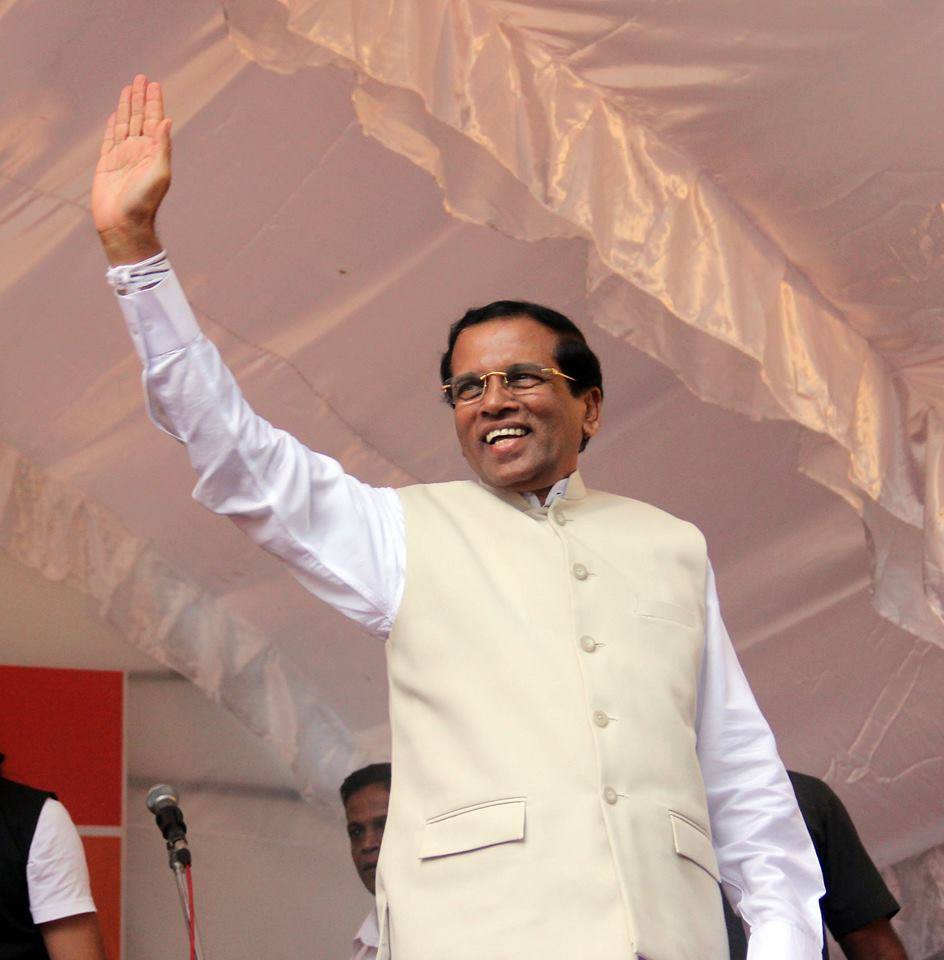Ø At its session in Nagpur next month, the Akhil Bharatiya Pratinidhi
Sabha, the Rashtriya Swayamsevak Sangh’s highest body for policy formulation
and decision-making, is likely to replace Sangh general secretary Suresh
‘Bhaiyyaji’ Joshi with Dattatreya Hosabale.
Ø Israel Defence Minister Moshe Ya’alon will visit India this week to
participate in “Aero India 2015” in Bengaluru, which is starting on February
18, and also conduct high-level meetings in Delhi. The Minister will inaugurate
the Israeli Pavilion at Aero India. Though both countries have deepened bilateral cooperation, especially
the defence component, this is the first such visit since both countries established
bilateral relations in 1991.
Ø With a promise for a “new beginning” in India-Sri Lanka ties, Sri
Lankan President Maithripala Sirisena arrived in New
Delhi, ahead of a meeting with Prime Minister Narendra Modi. Relations
with the Rajapaksa regime had suffered a strain over its closeness with China,
and reached a flashpoint over Sri Lanka’s decision to allow Chinese submarines
to dock in Colombo harbour twice in 2014. After a ceremonial welcome
from President Pranab Mukherjee in the morning, Mr. Sirisena will visit Rajghat
and pay his respects. He will meet Mr. Modi over lunch, followed by
delegation-level talks after which the two sides will sign a number of
agreements, mainly on investment, culture and agriculture. However,
sources in the government said both India and the U.S. were keen on putting off
the resolution in order to give the new government time to implement its
promises, and significantly, Foreign Minister Mangala Samaraweera arrived in
Delhi straight from meetings in Washington and at the U.N.
Ø China has opened a new embassy in Pakistan, its “largest overseas”
diplomatic mission, which Foreign Minister Wang Yi described as a symbol of
friendship between the “all weather” allies.
Ø Silicon Valley has many of the world’s most innovative and influential
Internet companies. India has millions of people untouched by the Internet but
nonetheless potentially accessible. Put the two together, and it is inevitable
that Internet giants can’t help but think about India’s untapped population.
That’s precisely what was on show last week – Facebook launching its solution
to spread Net access in the land of a billion-plus people and Google joining
the race with an outline of its own plan.


No comments:
Post a Comment